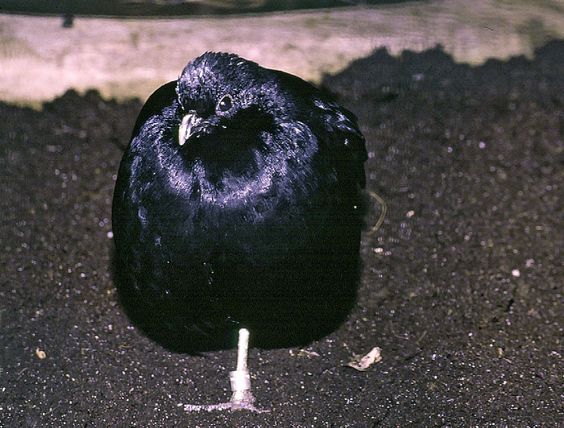The size of a turkey's brain varies depending on the age and size of the bird. On average, an adult turkey has a brain that weighs about 10 grams, which is roughly the size of a walnut. This is relatively small compared to the brain size of some other bird species, such as parrots or crows, which are known for their exceptional intelligence.
Despite their relatively small brain size, however, turkeys are still considered to be intelligent and adaptable birds. They are capable of a range of complex behaviors and cognitive abilities, including problem-solving, communication, and social behavior. Their brain is also adapted to help them navigate and survive in their environments, with specialized regions that help them to process visual and auditory information, regulate their body temperature, and control their movements. Overall, while turkeys may not have the largest brains in the animal kingdom, they are still fascinating animals with a range of unique and complex behaviors.
- While the turkey's brain is relatively small compared to some other bird species, it is still quite complex. Like other birds, turkeys have a highly-developed cerebellum, which is responsible for coordinating movement and balance. They also have well-developed optic lobes, which help them to process visual information.
- Turkeys have a range of unique adaptations that help them to navigate and survive in their environments. For example, they have specialized receptors in their beaks that can detect magnetic fields, which may help them to navigate during migration. They also have specialized eyes that allow them to see in full color and to have a wide field of vision, which is important for detecting potential predators.
- In addition to their physical adaptations, turkeys are also known for their social behavior and communication. They have a range of vocalizations that they use to communicate with each other, including clucks, purrs, and gobbles. They also use visual displays, such as fluffing their feathers or fanning their tails, to signal to other turkeys.
- Research has shown that turkeys are capable of a range of complex behaviors and cognitive abilities. For example, they are able to recognize and remember individual birds, and they are able to solve problems and navigate complex environments. They are also capable of forming social bonds and alliances with other birds, and they are known to exhibit empathy and other forms of emotional intelligence.
Overall, while the turkey's brain may be relatively small compared to some other bird species, it is still a complex and fascinating organ that helps these birds to navigate and survive in their environments.






